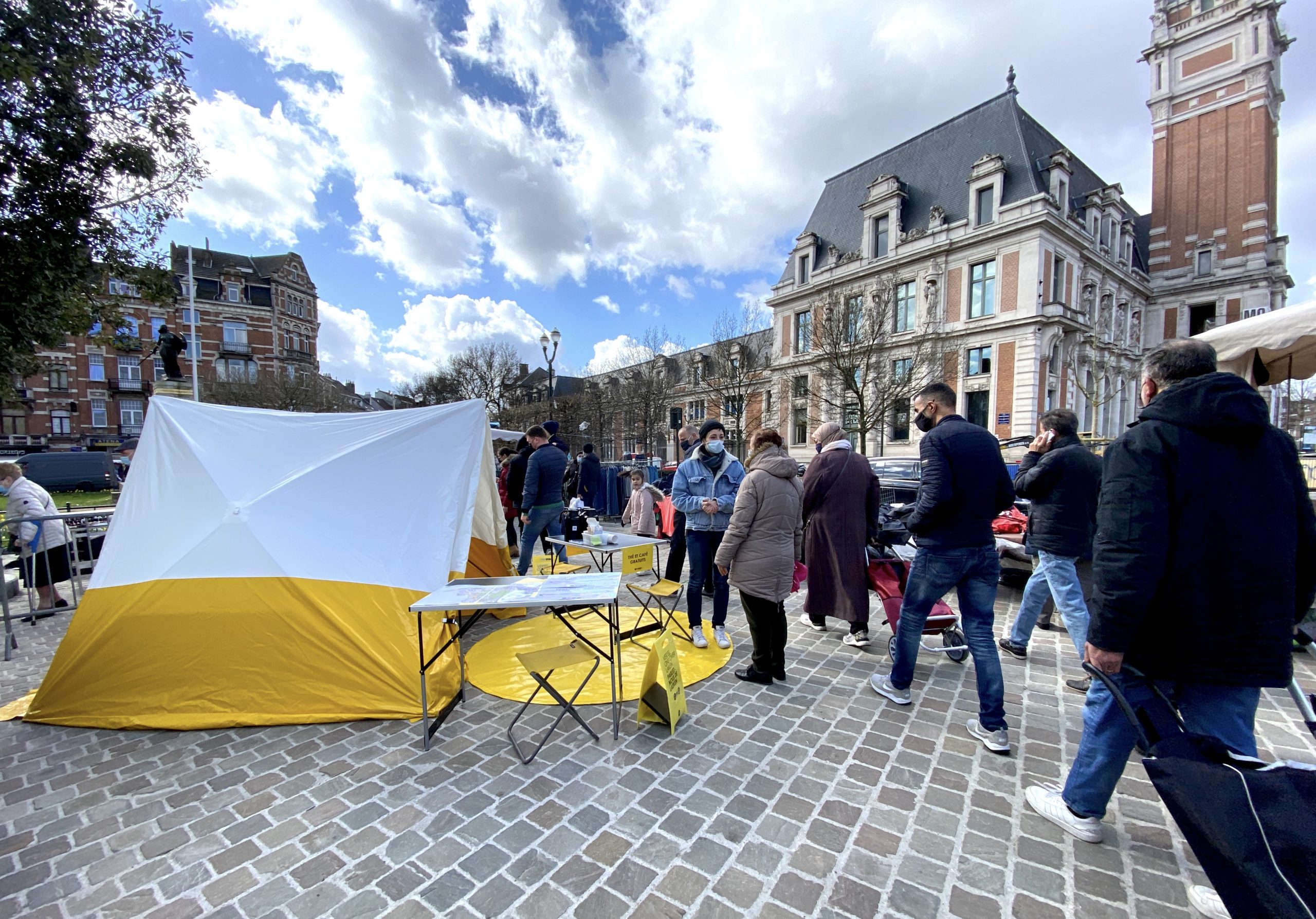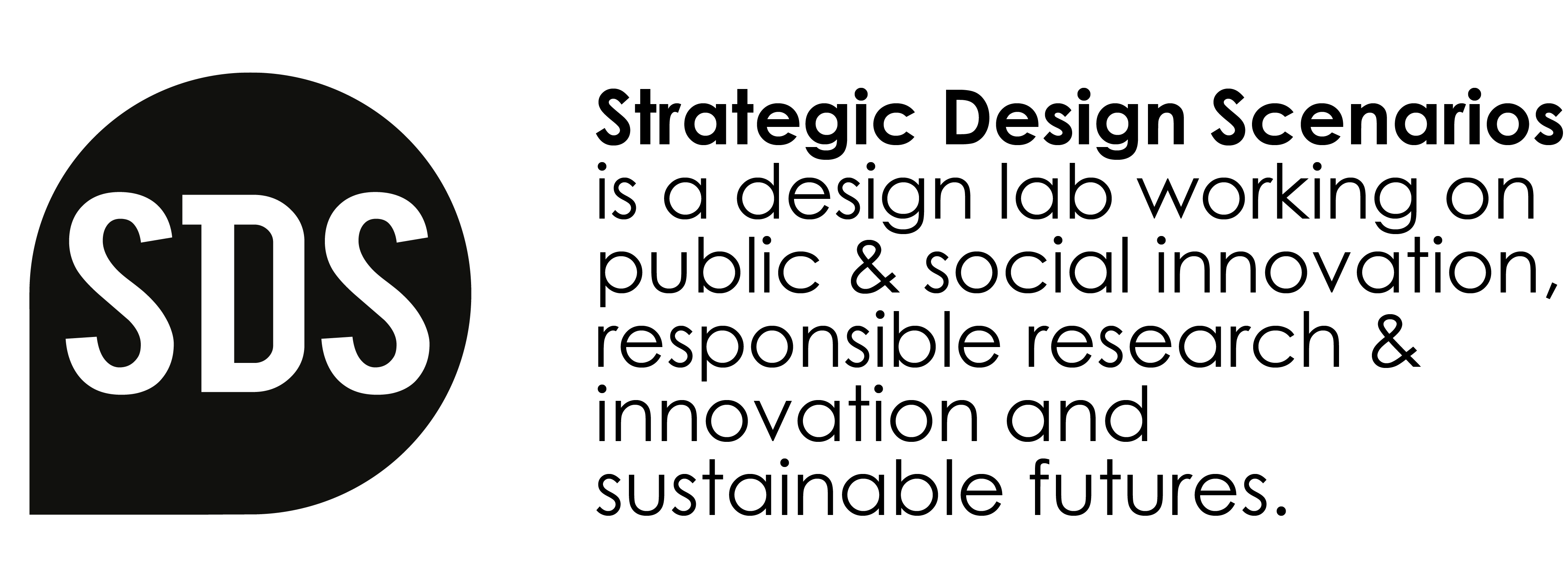
“SDS is a sustainable innovation lab and here are our main topics of research: how social innovation can inspire new and more sustainable ways of living? How participative design approaches and tools can support systemic innovation within an ecosystem of actors in a city or a region? How sustainable transition can be stimulated by the right balance between ‘pull’ and ‘push’, the design of enabling solutions, collaborative services and the appropriated policy framework?…”
Social innovation
“…innovation tends to be commonly understood as only the result of technological invention leaving aside the huge potential of social creativity: in the last decade we dedicate a lot of time to collect and document a catalogue of social innovations worldwide in order to inspire new and more sustainable ways of living…”
Creative communities
“…social innovation is not the work of a single inventor but, most of the time, the fruit of a collective and diffused innovation from what we called ‘creative communities’: when starting a project we look for and collaborate with those groups of grassroots people whose creativity and entrepreneurship enable to invent and develop intuitively alternatives to the mainstream that reveals very often to be precious working prototypes of innovative sustainable living…”
Collaborative services
“…by collaborative services we mean solutions that users co-designed and where they co-produce the service they will benefit from: we explore these new business models and develop a design approach that takes inspiration from social innovation to transform it into collaborative services as more organised and designed solutions accessible to larger share of the market but still keeping their initial relational and social qualities…”
Sustainable living
“…most of the time sustainable research is divided in silos: food; mobility; housing… whereas it is at the crossroads of these different daily need areas that we find most promising synergies to shifting towards sustainable lifestyles or, we prefer, sustainable ways of living as a broader concept including livelihood in underprivileged areas…”
Emerging usages
“…observing users in depth and for long periods of time; choosing possibly intriguing users who develop innovative practices aside from mainstream; developing empathy for their daily concerns and collaborating with them to solve their problems is a fruitful process both to co-design new sustainable products that will meet new sustainable behaviours: more over, it’s the way we follow to induce a process of sustainable co-evolution between users and their material and service environment…”
Public services
“…sustainable transition of cities and regions and renovation of public services require to revisit public innovation processes to support large co-operation between the services and with the public all along project development, iterative micro-experimentation rather than large development programmes, participation of policy-makers in the innovation process…”
Sustainable solutions
“…shift towards sustainable living requires a delicate balance between push and pull measures: we therefore design new sustainable solutions as developing enabling products and services that facilitate adoption of new sustainable practices in close synergy with the design of policies that reset the context to favour and encourage the adoption of these new sustainable practices. The result is a new products-services-policies system…”
Product-service systems
“…eco-design is a good first step but sustainable development will never be reached doing the same as before just in a more sustainable way: reducing by a factor 4, a factor 10 or a factor 20, whatever experts’ debates may conclude, means anyway to reduce our impact between 75% and 95% and that won’t be achieved by only greening our current products. Radical change is needed questioning larger systems and inducing the rethinking of completely new combinations of products and services…”
Local sustainable transition
“…sustainable living is intrinsically bound to the conditions and opportunities of a local context: our approach to transition is based on an acupuncture of the place, a planning by local micro-projects carefully selected for their emblematic dimension and synergetic potential to generate beyond the micro-projects themselves, a systemic change in the focus region or city…”
Deliberative process
“…new forms of democracy such as stakeholder processes, participative governance or deliberative processes are close in practice to the forms of co-design we practice to engage users in collaborative design processes: tools and approaches can benefit mutually to both parts, facilitate participative democracy on the one hand and, on the other hand give design-driven innovation processes new citizenship perspectives…”


